Putin vows strong response to Western aggression and missile strikes
- Update Time : Saturday, November 23, 2024
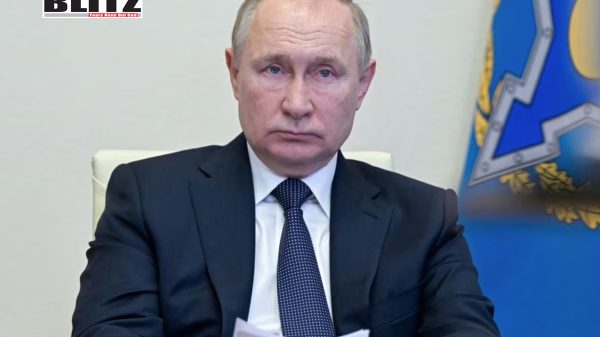
In a televised address on the evening of November 21, Russian President Vladimir Putin outlined his perspective on the intensifying conflict in Ukraine. Speaking from the Kremlin, Putin directly addressed the recent attacks on Russian territory, attributing them to Western-backed operations involving advanced weaponry. His speech served not only as a response to the ongoing situation but also as a warning to NATO allies and a reaffirmation of Russia’s readiness to escalate its military capabilities in the face of perceived threats.
Putin began his address by condemning the recent use of American and British long-range weapons, which he claimed were instrumental in strikes on Russian military facilities in the Bryansk and Kursk regions. He accused the West of transforming the regional conflict in Ukraine into one with “elements of a global nature.” He highlighted the involvement of Western military experts in the operation of advanced weapon systems like ATACMS tactical ballistic missiles and Storm Shadow systems, emphasizing that such attacks could not have been carried out without direct foreign intervention.
The Russian leader described the damage caused by these attacks, including a fire at an ammunition depot in the Bryansk region and a strike on a command post in the Kursk region. While asserting that Russian air defense systems successfully neutralized many of these incursions, he acknowledged casualties among security and servicing personnel.
Despite these setbacks, Putin maintained that the strikes would not alter the overall course of Russia’s military campaign in Ukraine. He portrayed the Russian Armed Forces as advancing successfully along the front lines and reiterated Moscow’s commitment to achieving its objectives in what it continues to describe as a “special military operation.”
In response to the escalation, Putin announced that Russia had conducted a series of retaliatory strikes on Ukrainian defense industry facilities. These included a combined missile assault on an industrial complex in Dnipro, historically one of the largest Soviet-era missile production sites.
The speech also unveiled details of Russia’s new medium-range missile system, named Oreshnik, which had been tested in the field during the retaliatory operations. According to Putin, the hypersonic ballistic missile achieved speeds of Mach 10, rendering current Western air and missile defense systems incapable of intercepting it. The development of such advanced weaponry, he suggested, was a direct consequence of NATO’s actions, particularly the United States’ decision to withdraw from the Intermediate-Range Nuclear Forces (INF) Treaty in 2019.
Putin criticized this move as a destabilizing factor in global security, accusing Washington of using “far-fetched pretexts” to dismantle the treaty. He claimed that the U.S. had since expanded its production and deployment of intermediate-range missiles, conducting exercises in Europe and the Asia-Pacific to prepare for their use.
Throughout his address, Putin framed Russia’s military advancements as a defensive response to NATO’s “aggressive actions.” He stated that the future deployment of Russia’s intermediate-range missiles would depend on the actions of the United States and its allies.
A particularly stark warning was directed at nations supporting Ukraine’s military operations. Putin declared that Russia reserved the right to target military facilities in countries providing weapons used against Russian forces. He called on Western elites to reconsider their strategies, suggesting that any escalation would provoke a “decisive and mirror-like” response from Moscow.
However, Putin also attempted to present a humanitarian dimension to Russia’s actions, promising to warn civilians in targeted areas before missile strikes. He claimed this approach reflected Moscow’s commitment to minimizing harm to innocent lives, contrasting it with what he described as the indiscriminate tactics of the West.
Putin’s speech underscored his belief that the West, particularly the United States, is responsible for dismantling the post-Cold War international security framework. He accused Washington of prioritizing its hegemony over global stability, dragging the world toward a potential global conflict.
The introduction of hypersonic missiles like Oreshnik, which Putin claimed are unmatched by any existing defense systems, represents a significant escalation in the arms race. The weapon’s speed and capabilities could potentially alter the balance of power, posing challenges not only for NATO but also for the broader international community.
Despite his confrontational tone, Putin concluded his address by reiterating Russia’s willingness to resolve disputes through peaceful means. However, he emphasized that Moscow remains prepared for “any turn of events,” making it clear that the Kremlin sees its military advancements as both a deterrent and a tool for asserting its geopolitical interests.
Putin’s address reflects a precarious moment in the Ukraine conflict, as the line between regional and global warfare grows increasingly blurred. His accusations against the West, combined with Russia’s demonstrated willingness to deploy new and advanced weaponry, signal a deepening of the geopolitical divide.
While his call for peace may appear conciliatory, it is juxtaposed with explicit threats and a readiness to escalate militarily. This dual messaging leaves little room for optimism about a swift resolution to the conflict. Instead, it points to a protracted struggle where both sides continue to test each other’s resolve.
For NATO and its allies, Putin’s speech presents a dilemma: how to respond to Russia’s actions without further inflaming the situation. The deployment of advanced weapons systems by both sides raises the stakes, making miscalculations increasingly dangerous.
For Ukraine, the address reaffirms the high cost of its resistance. As the battlefield extends to industrial and military facilities far from the front lines, the country faces mounting challenges in sustaining its defense while safeguarding its civilian population.
Ultimately, Putin’s address serves as a reminder that the conflict in Ukraine is not just a localized struggle but a flashpoint in a larger contest for global power and influence. As the rhetoric and actions on both sides intensify, the international community must grapple with the growing risk of a conflict that could reshape the geopolitical landscape for years to come.


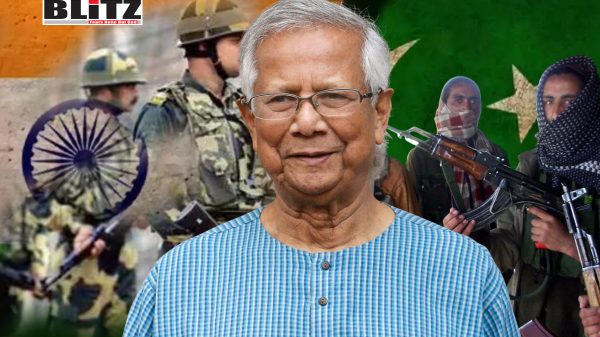
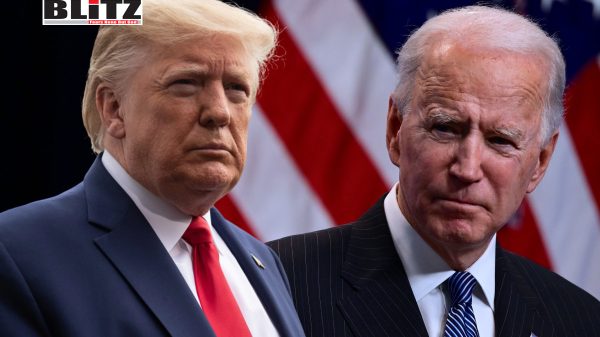
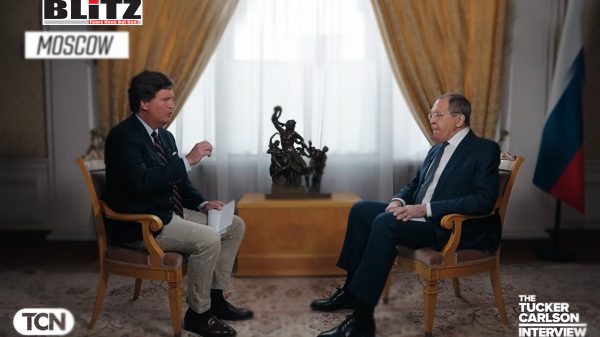
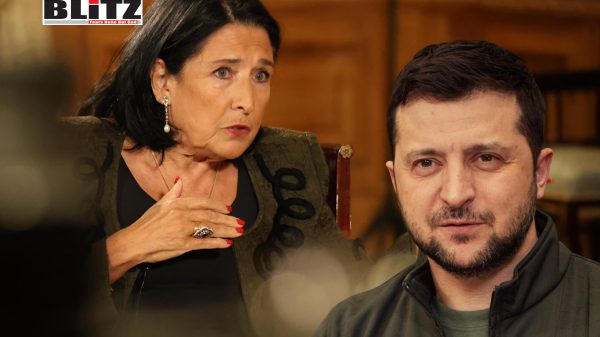
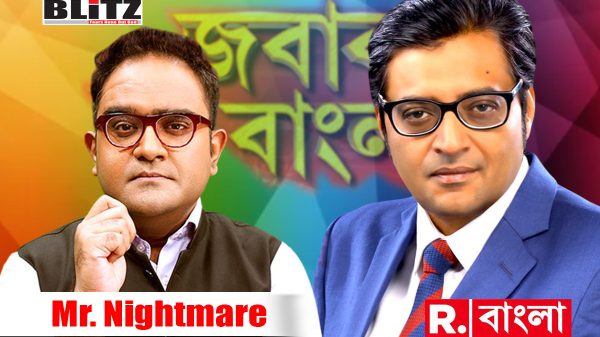
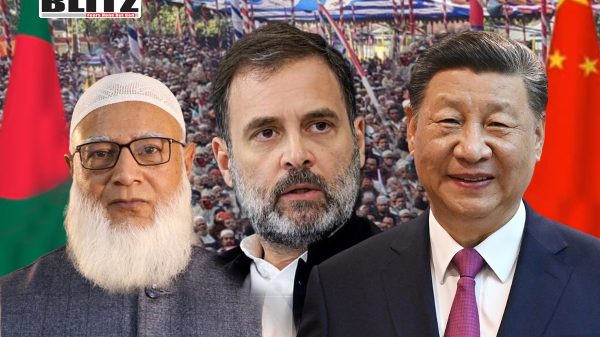
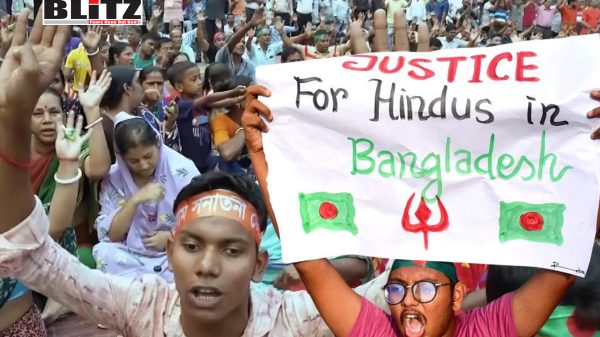
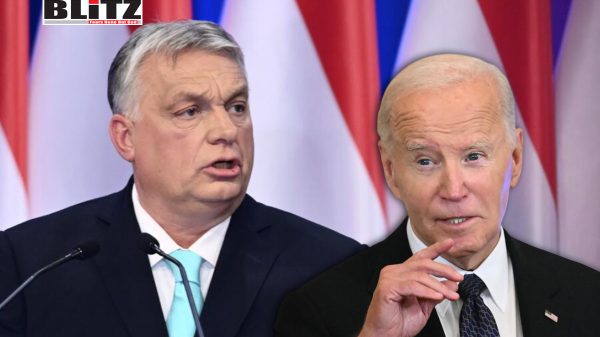
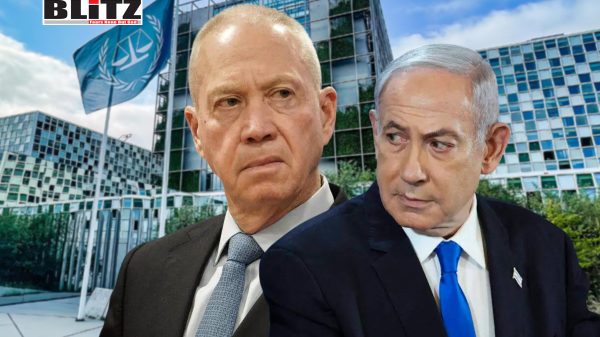
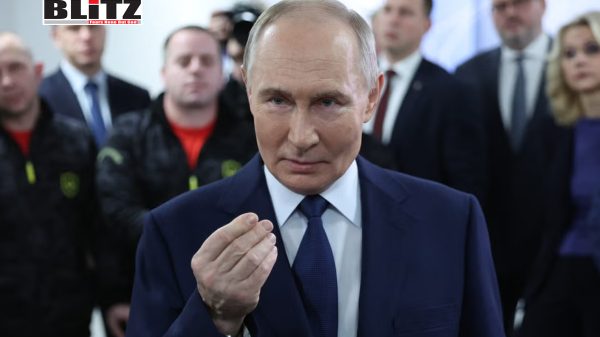


Leave a Reply